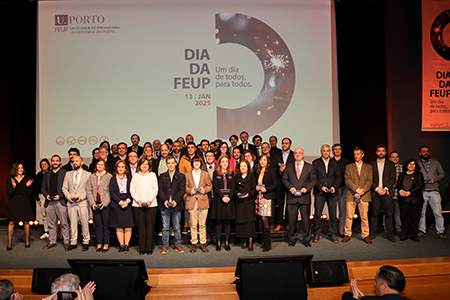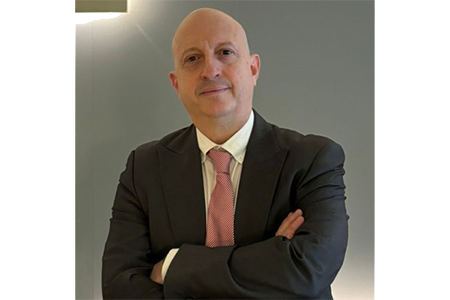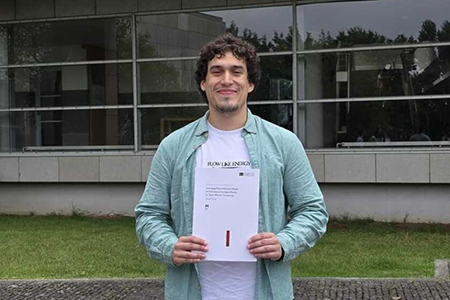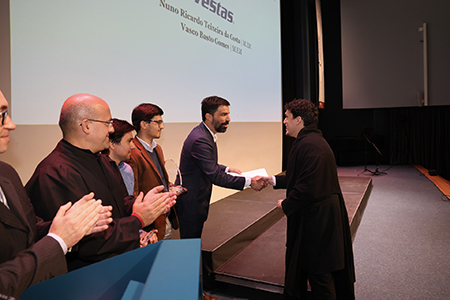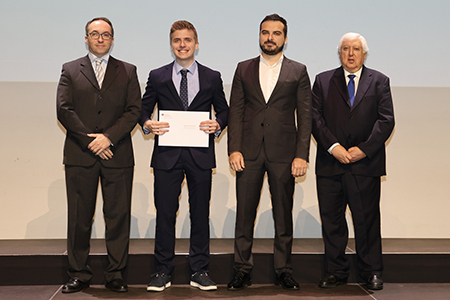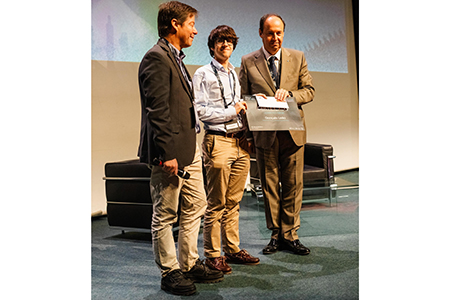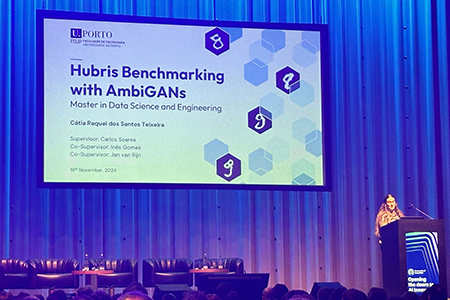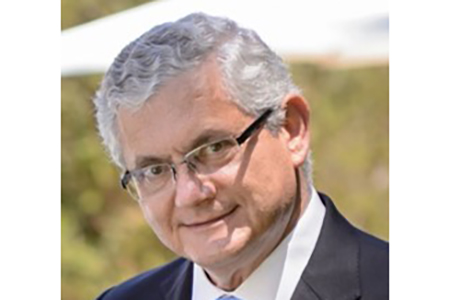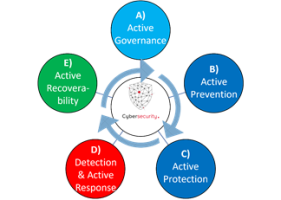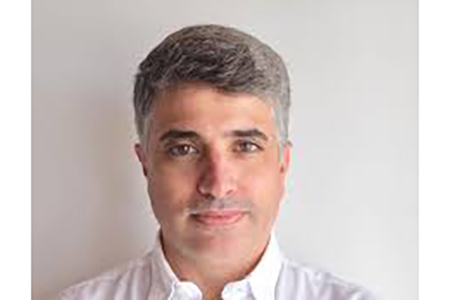On the 13th of January the Auditorium José Marques dos Santos hosted FEUP’s Day 2025, this year with a new format that included activities open to the entire community and a varied programme throughout the day.
Under the motto “A day by everyone, for everyone“, the event included scientific and social activities that strengthened the unity of the academic community and celebrated the achievements that consolidate the role of the Faculty of Engineering of the University of Porto as a national and international reference.
In the afternoon, the most outstanding members of the community over the past year were honoured, with DEI standing out for the excellence of its teaching and the impact of its teachers, technicians and researchers.
The DEI honourees and award winners:
Teaching Excellence Award 2024
Luís Filipe Pinto de Almeida Teixeira
Pedagogical Recognition Award 2024
Ademar Manuel Teixeira de Aguiar
Alexandra Sofia Ferreira Mendes
Ana Cristina Ramada Paiva
André Monteiro de Oliveira Restivo
António Fernando Vasconcelos Cunha Castro Coelho
Bruno Miguel Carvalhido Lima
Filipa Marília Monteiro Ramos
Filipe Alexandre Pais de Figueiredo Correia
Gonçalo da Mota Laranjeira Torres Leão
João António Correia Lopes
João Carlos Viegas Martins Bispo
João Pedro Matos Teixeira Dias
Luís Filipe Pinto de Almeida Teixeira
Nuno Filipe Gomes Cardoso
Nuno Honório Rodrigues Flores
Rui Pedro Amaral Rodrigues
Sara Filipa Couto Fernandes
Teresa Carla de Canha e Matos
Tiago Boldt Pereira de Sousa
Mentions of Excellent Performance
Catarina da Silva Teixeira e Castro
Retired Professors
Maria Cristina de Carvalho Alves Ribeiro
Honouring 25 Years at the Service of FEUP
João Pedro Carvalho Leal Mendes Moreira
Jorge Manuel Gomes Barbosa
